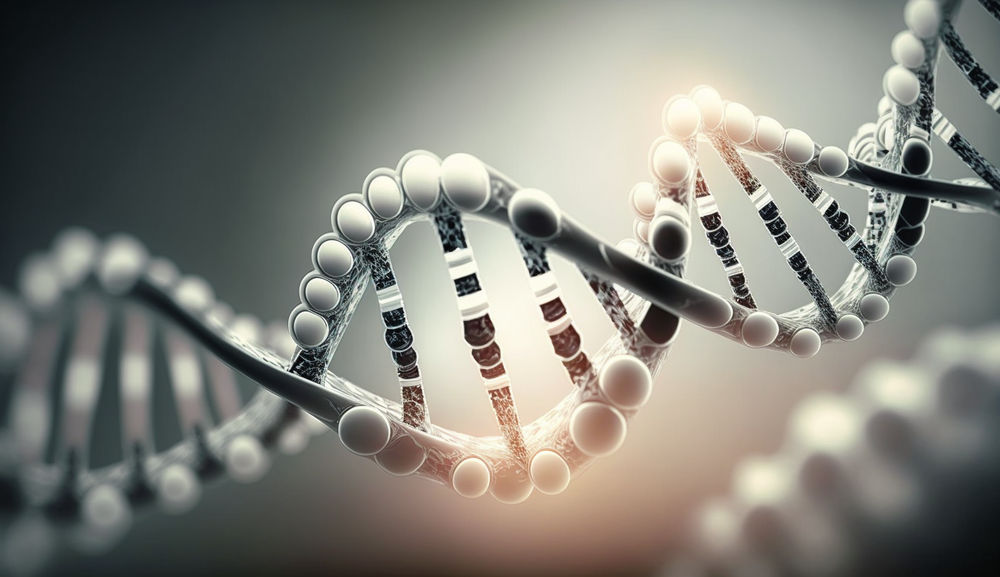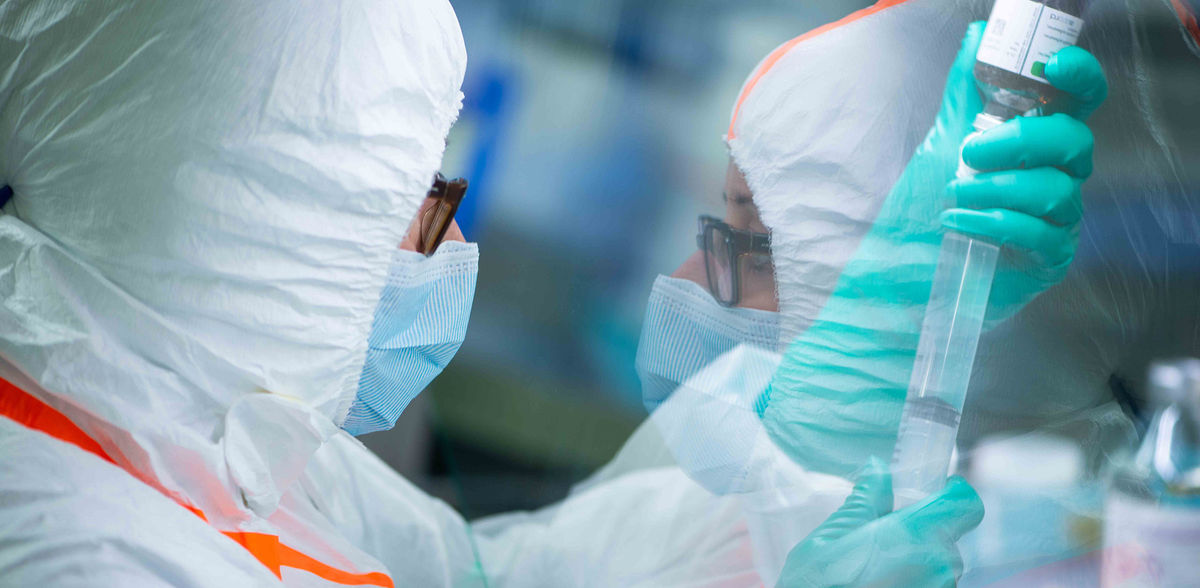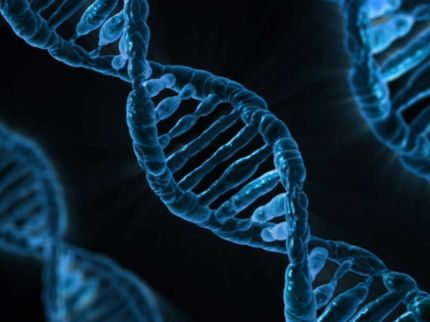Gene therapy against hemophilia
Hannover Medical School (MHH) is one of the first institutions in Germany to be authorized to carry out a new innovative treatment for haemophilia A and B
Advertisement
Cell and gene therapies are on the rise. This is a new glimmer of hope for people with previously untreatable or barely treatable diseases. Another new therapeutic method has now been added to the list: gene therapy for hemophilia, also known as bleeding disorder. The Hemophilia Center at Hannover Medical School (MHH) is one of the first in Germany to be allowed to carry out this gene therapy for hemophilia A and B. In the future, it will not only treat its own patients, but also those with hemophilia. In future, it will not only treat its own patients, but also those affected by other hemophilia centers in Lower Saxony. A special collaboration between the centers is planned - patients will receive the gene therapy in the form of an infusion at the MHH, while pre- and post-treatment as well as long-term care will be provided jointly in close cooperation.
A clotting factor is missing
Hemophilia is a genetic blood clotting disorder. Those affected lack a coagulation factor, a protein produced in the liver. The best-known forms of hemophilia are hemophilia A and B. In the former, coagulation factor VIII is missing, in the latter, coagulation factor IX. In Germany, around 6,000 people are affected by the disease. Due to the missing protein, their blood does not clot or only clots slowly. The tendency to bleed is increased, bleeding lasts longer, bruises become larger and occur more frequently. "In severe forms, patients suffer from spontaneous bleeding into large joints such as the knee, elbow or ankle from childhood onwards. In the long term, this leads to the destruction of the joints at a young age," explains Prof. Dr. Andreas Tiede, Professor of Haemostaseology and Head of the Haemophilia Center. In addition, people with severe haemophilia have a high risk of cerebral haemorrhages.
Those affected have to inject themselves with medication
Around 150 patients with severe coagulation disorders receive long-term care at the Hemophilia Center at the MHH. Until now, patients have had to inject themselves with the missing coagulation factor proteins several times a week - most of them learn to do this as children. However, the coagulation factor in the blood cannot be kept at a constant level by administering medication, as the half-life is short. This is why regular injections are necessary, even when traveling and in every situation. Not everyone is able to do this.
Just one infusion
Gene therapy now offers those affected the prospect of an improvement. The therapeutic agent is injected intravenously once. The gene for coagulation factor VIII or IX then enters the liver cells by means of a viral shuttle. It remains in the cell nucleus as an episome, i.e. a small DNA ring, and produces the missing protein there. The success of the treatment varies from patient to patient. "In the studies, many patients achieved almost normalized coagulation and were able to discontinue the previous therapy. However, it is not yet possible to predict which factor level will be achieved in an individual patient and how long the success will last in each case," explains Professor Tiede. He admits that gene therapy is not suitable for all patients. "Some have antibodies against the virus that is used as a ferry. Then, unfortunately, we can't offer the therapy." In the case of people with liver disease, the MHH Clinic for Gastroenterology, Hepatology, Infectiology and Endocrinology will work with the individual patient to determine whether they are suitable. Despite the limitations, Professor Tiede considers gene therapy to be a major step forward: "We can measure the effect of the therapy at any time using simple laboratory methods and thus advise the patient. These are very good prerequisites for individual care and also for the further development of gene therapy."
Certificate according to ATMP guidelines
Gene therapy for haemophilia falls under the Advanced Therapy Medical Products (ATMP) guidelines. With these guidelines, the Federal Joint Committee (G-BA) regulates the quality requirements for the preparation, implementation and aftercare of gene therapies. Only facilities that meet these requirements are allowed to provide services as part of an ATMP therapy to ensure appropriate, safe and high-quality care. The Hemophilia Center at the MHH and its partner centers have been certified by the G-BA for gene therapy for hemophilia.
Note: This article has been translated using a computer system without human intervention. LUMITOS offers these automatic translations to present a wider range of current news. Since this article has been translated with automatic translation, it is possible that it contains errors in vocabulary, syntax or grammar. The original article in German can be found here.
Other news from the department science
Most read news
More news from our other portals
See the theme worlds for related content
Topic world Gene therapy
Genetic diseases once considered untreatable are now at the center of innovative therapeutic approaches. Research and development of gene therapies in biotech and pharma aim to directly correct or replace defective or missing genes to combat disease at the molecular level. This revolutionary approach promises not only to treat symptoms, but to eliminate the cause of the disease itself.

Topic world Gene therapy
Genetic diseases once considered untreatable are now at the center of innovative therapeutic approaches. Research and development of gene therapies in biotech and pharma aim to directly correct or replace defective or missing genes to combat disease at the molecular level. This revolutionary approach promises not only to treat symptoms, but to eliminate the cause of the disease itself.
























































